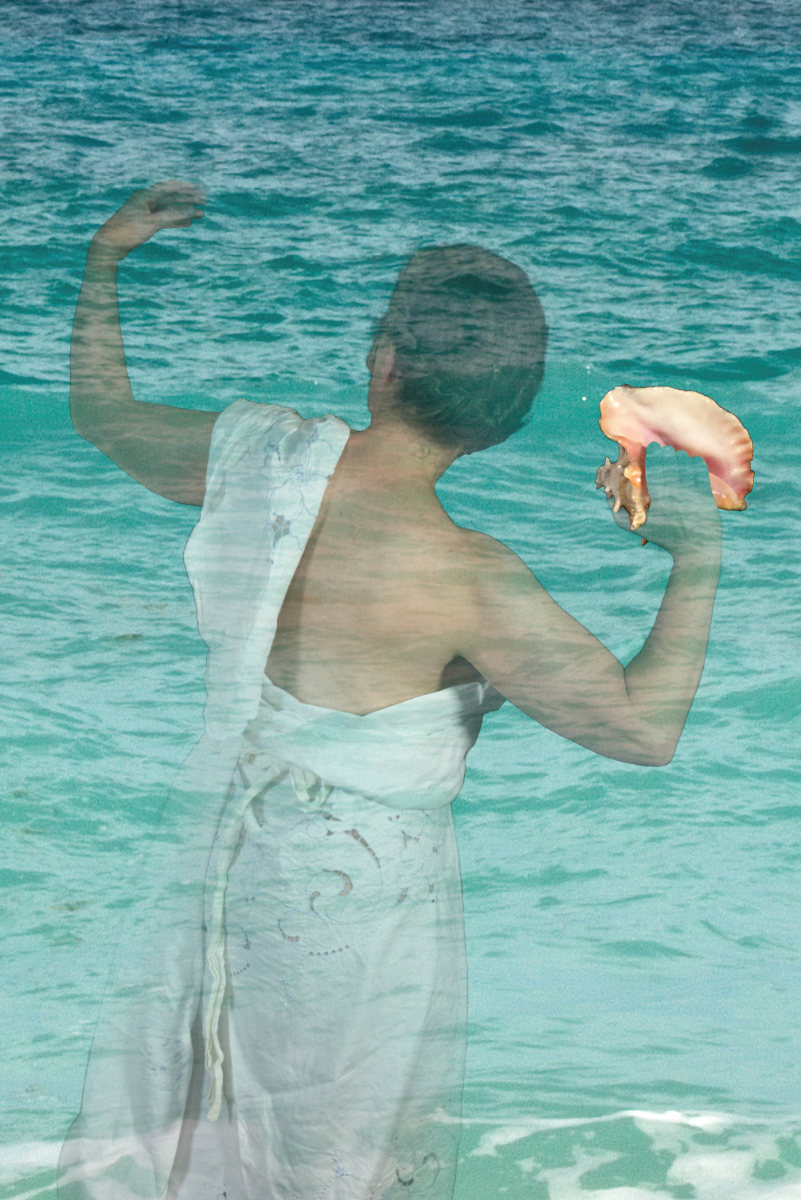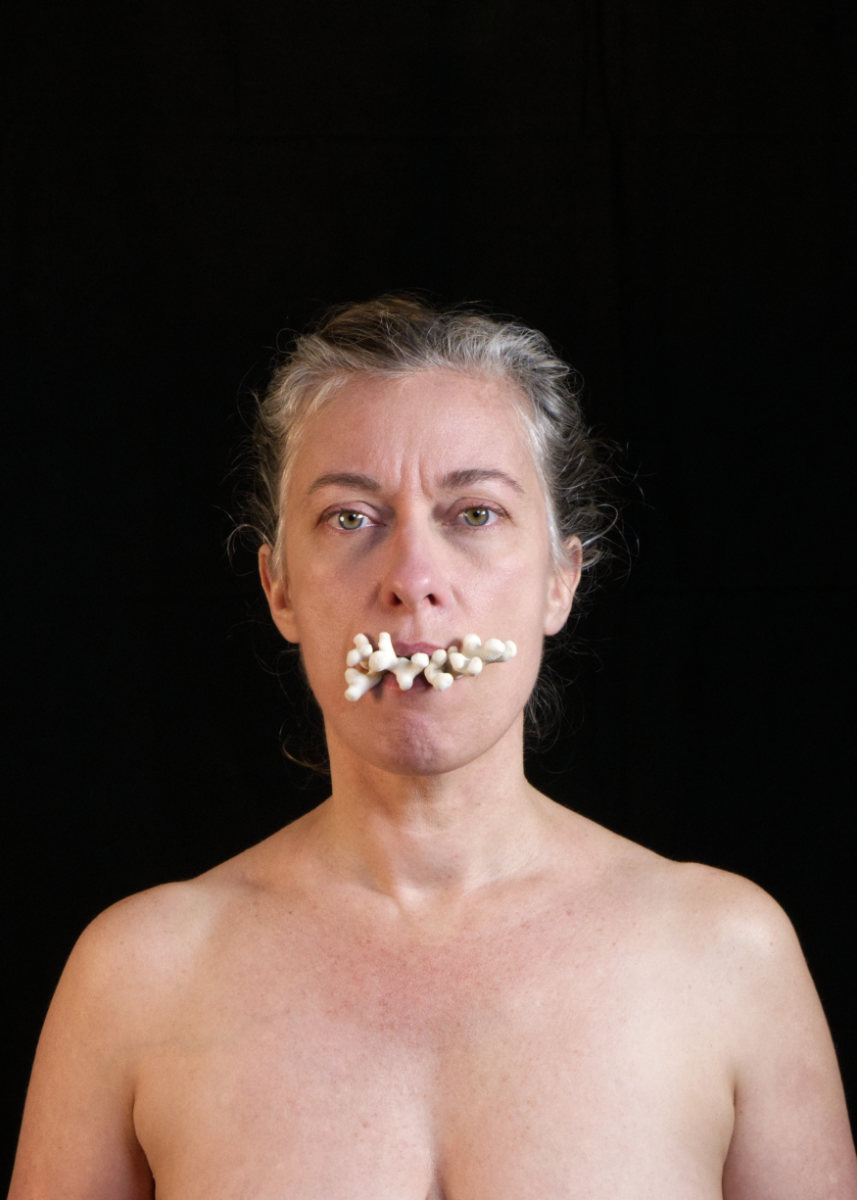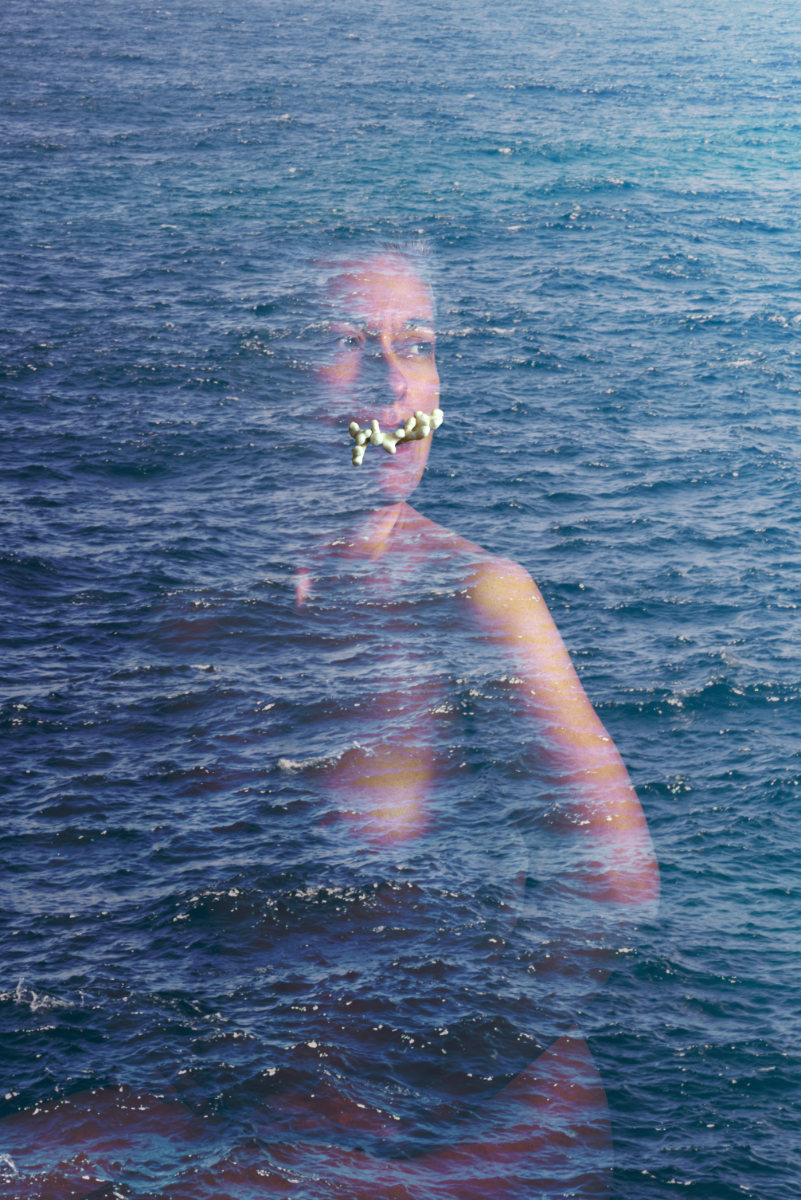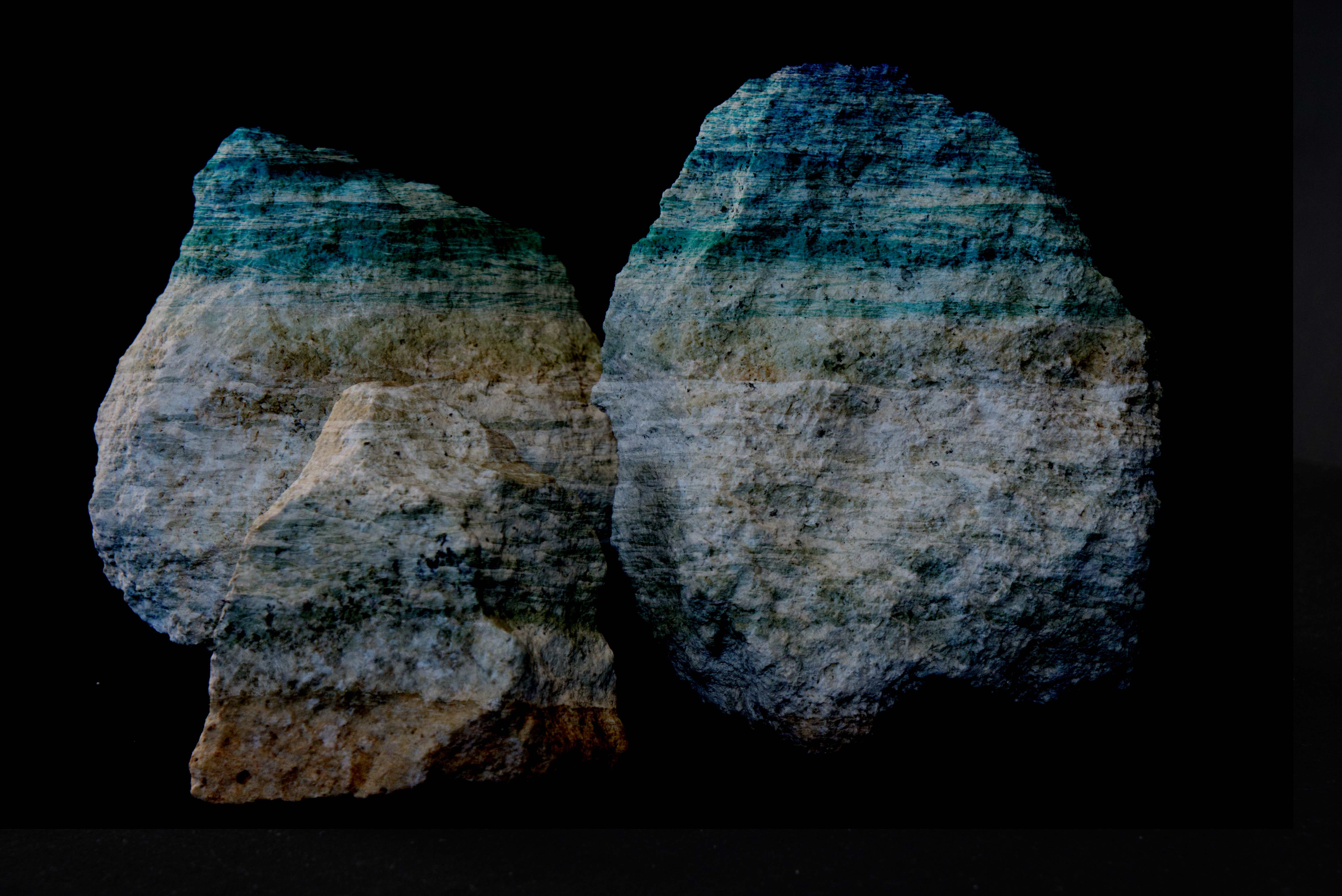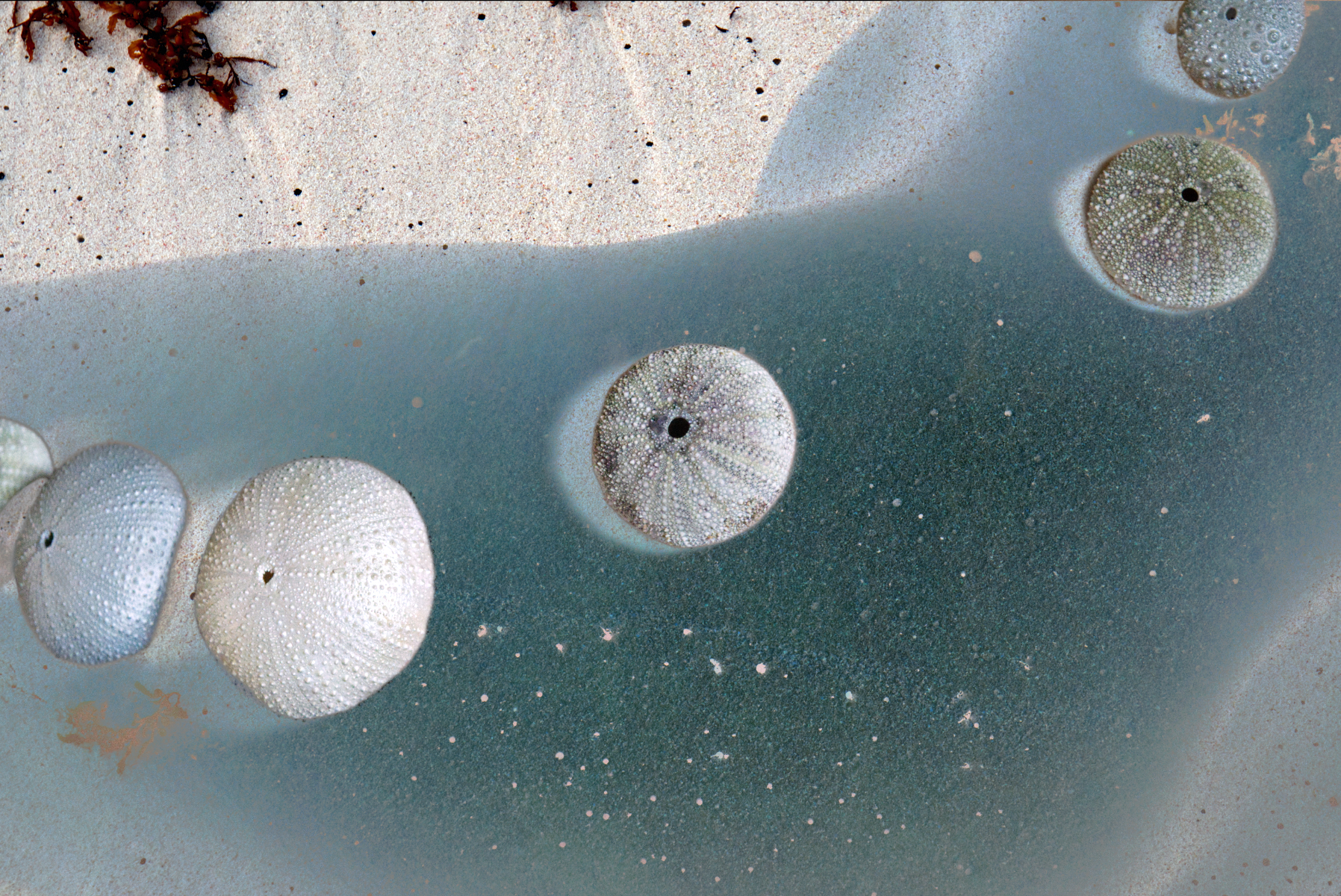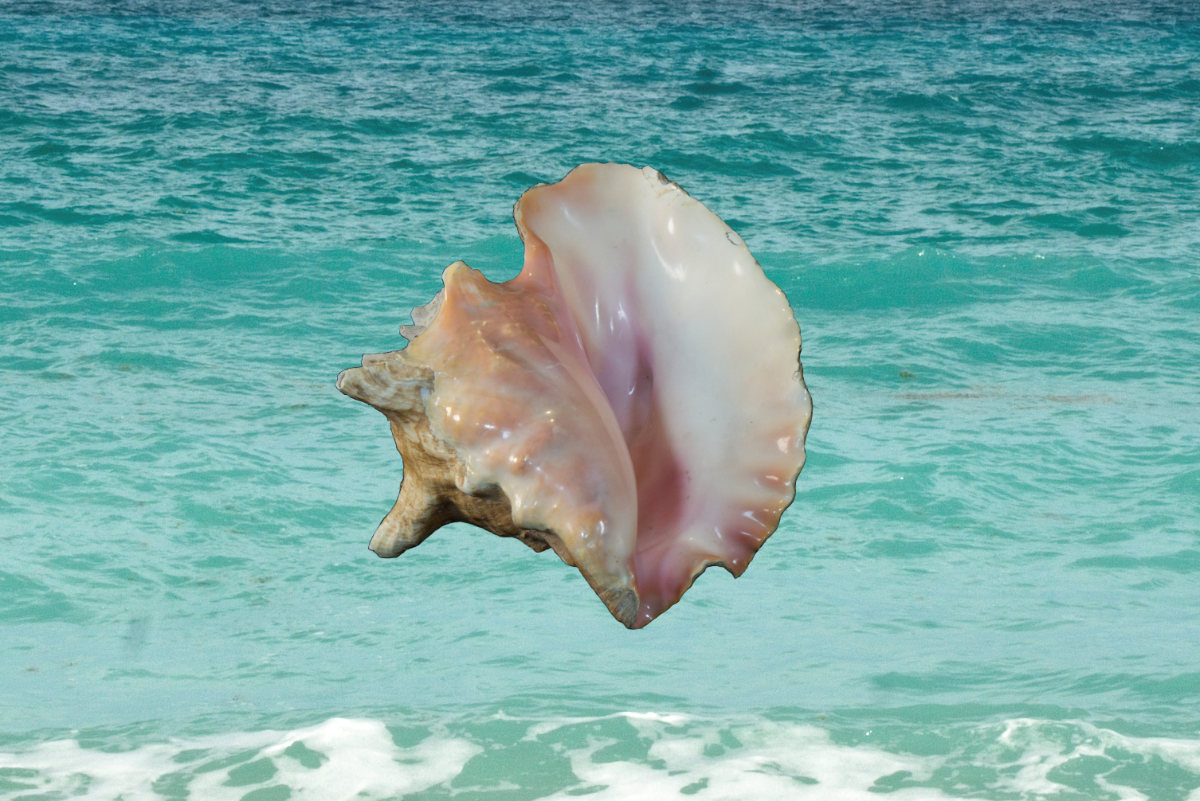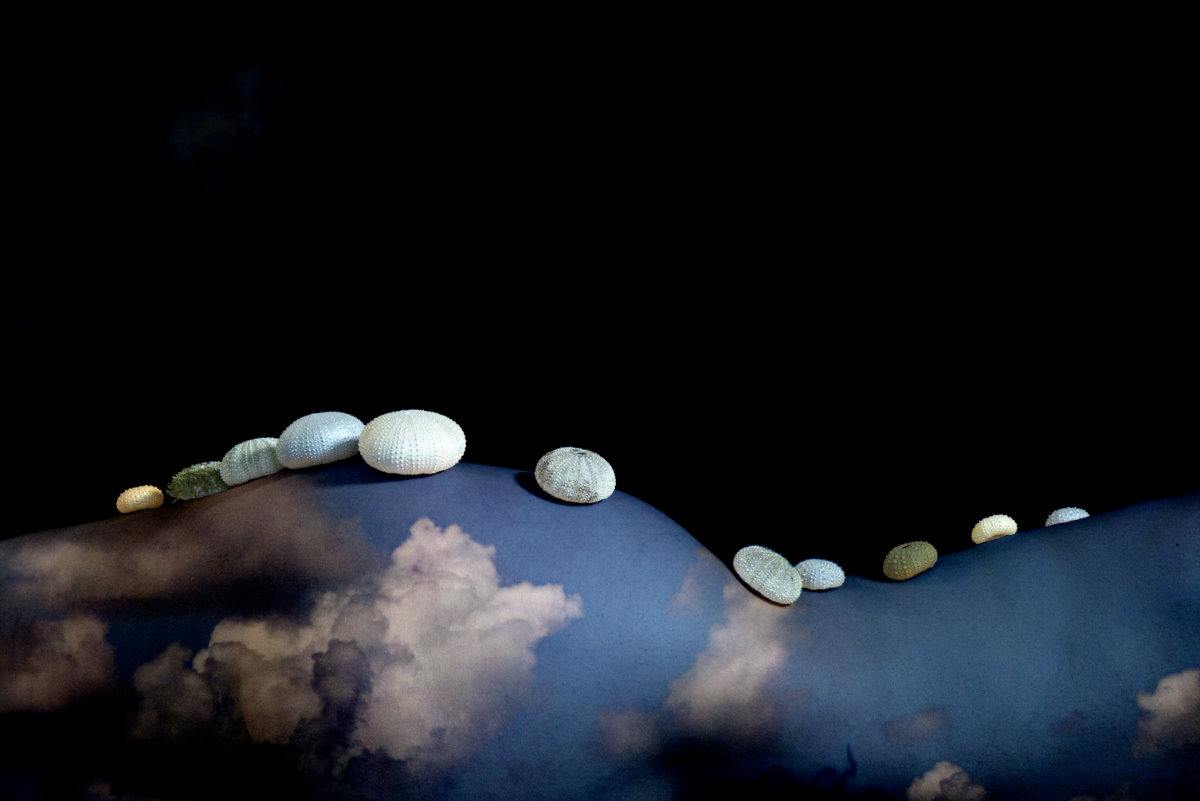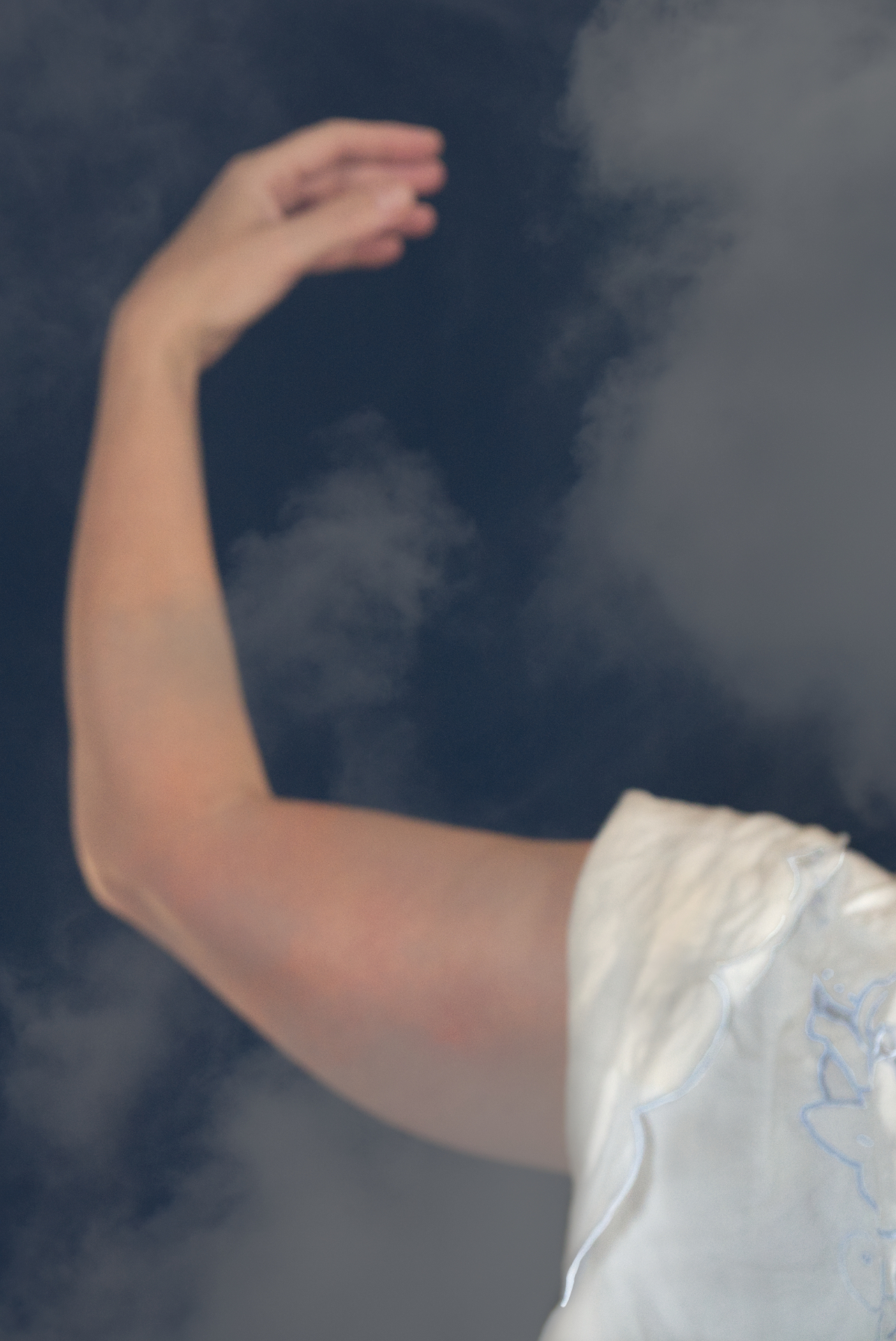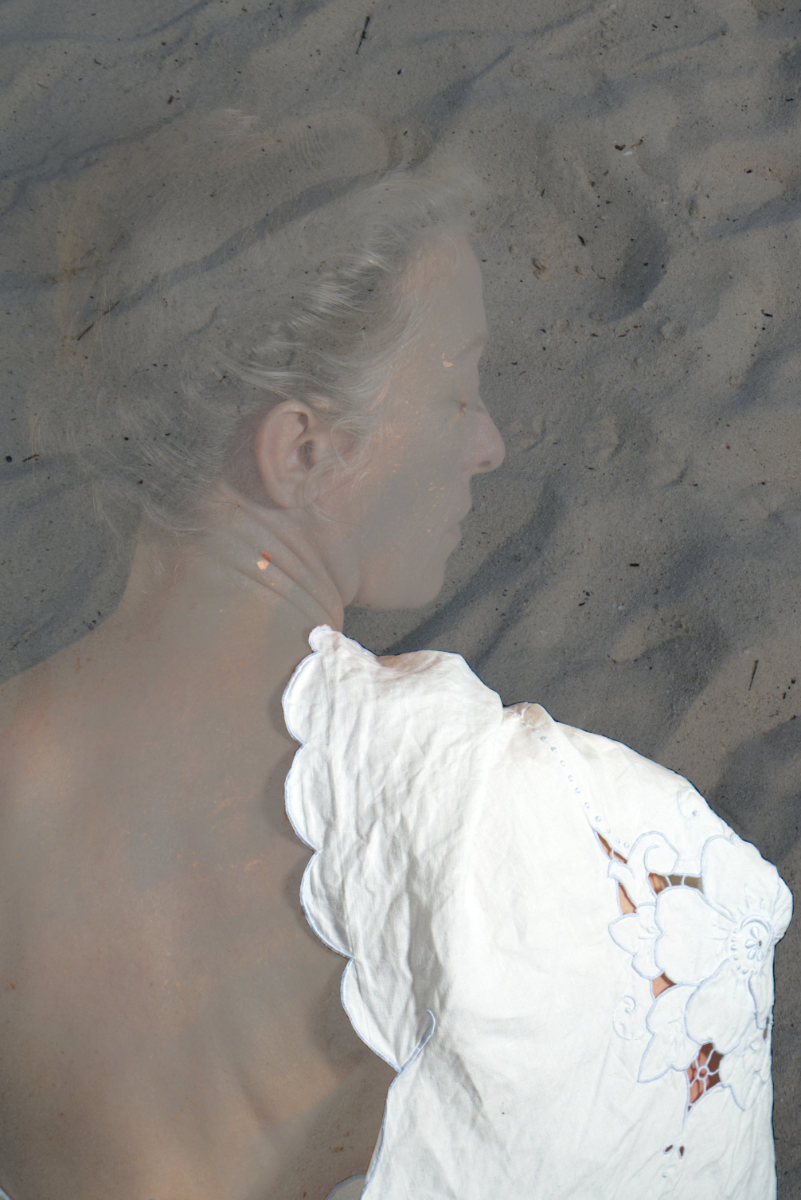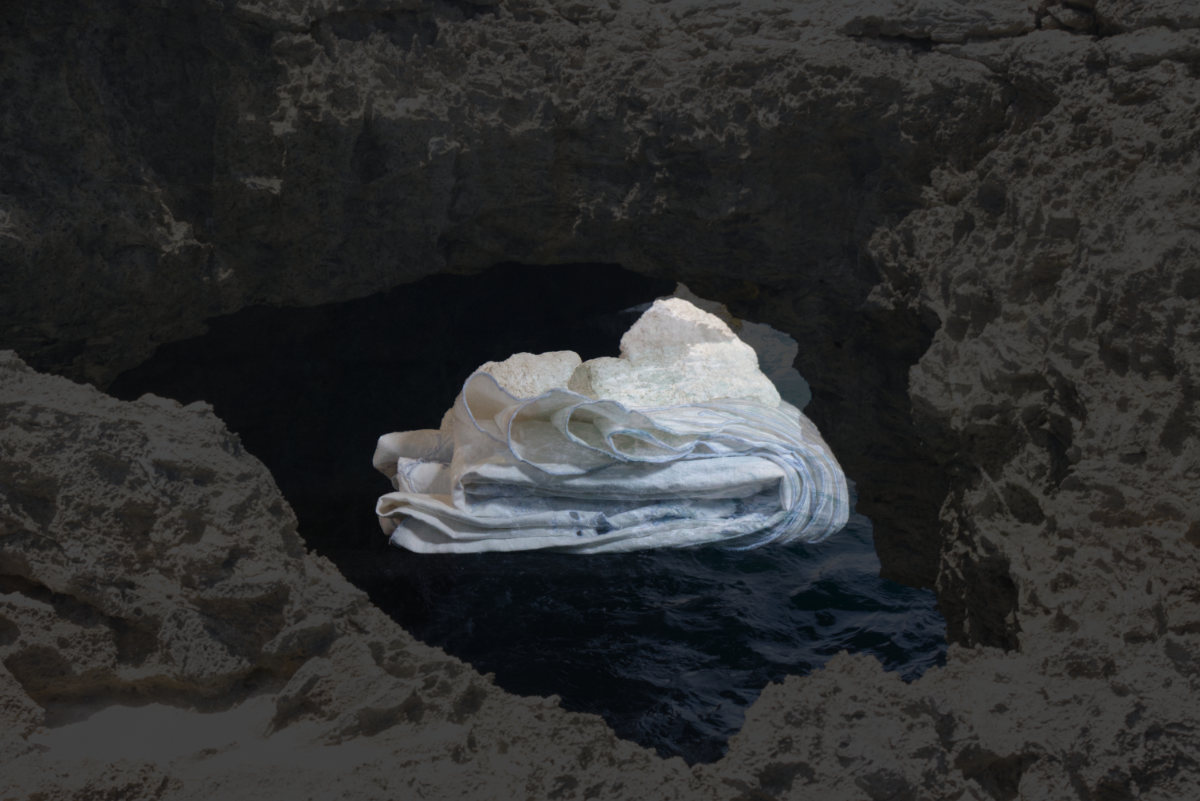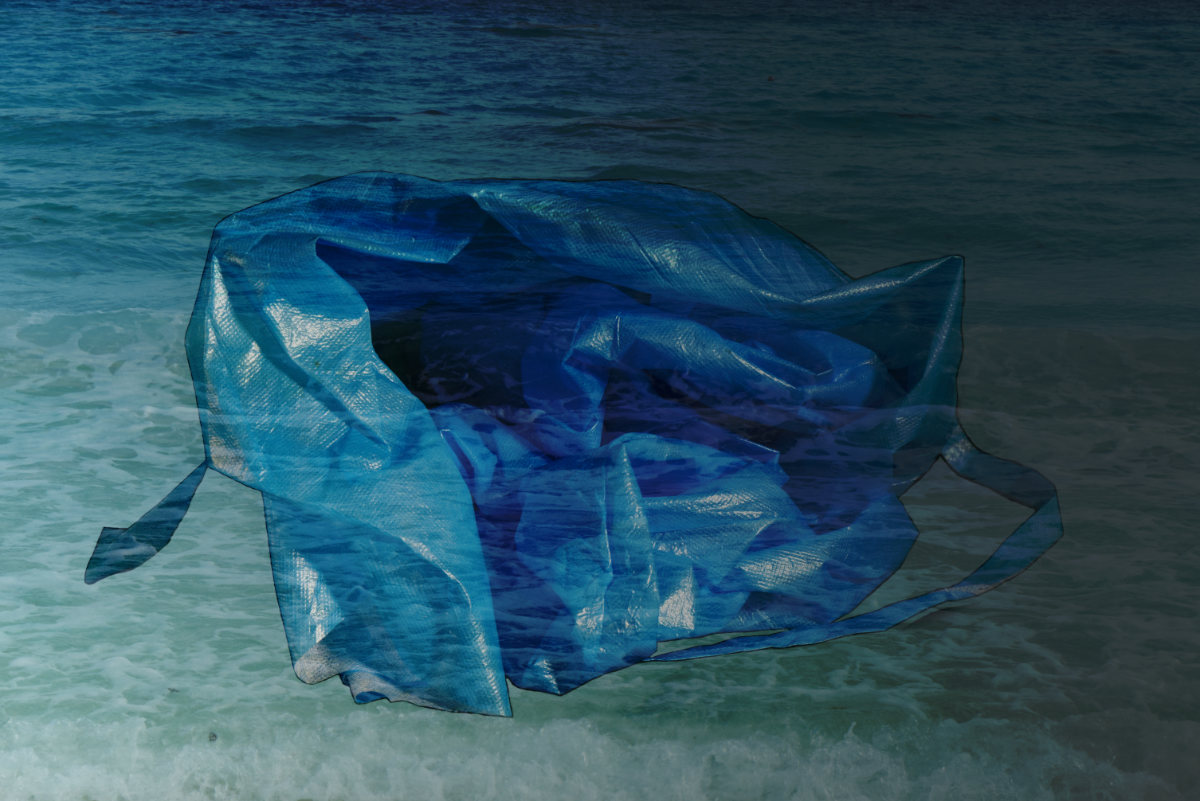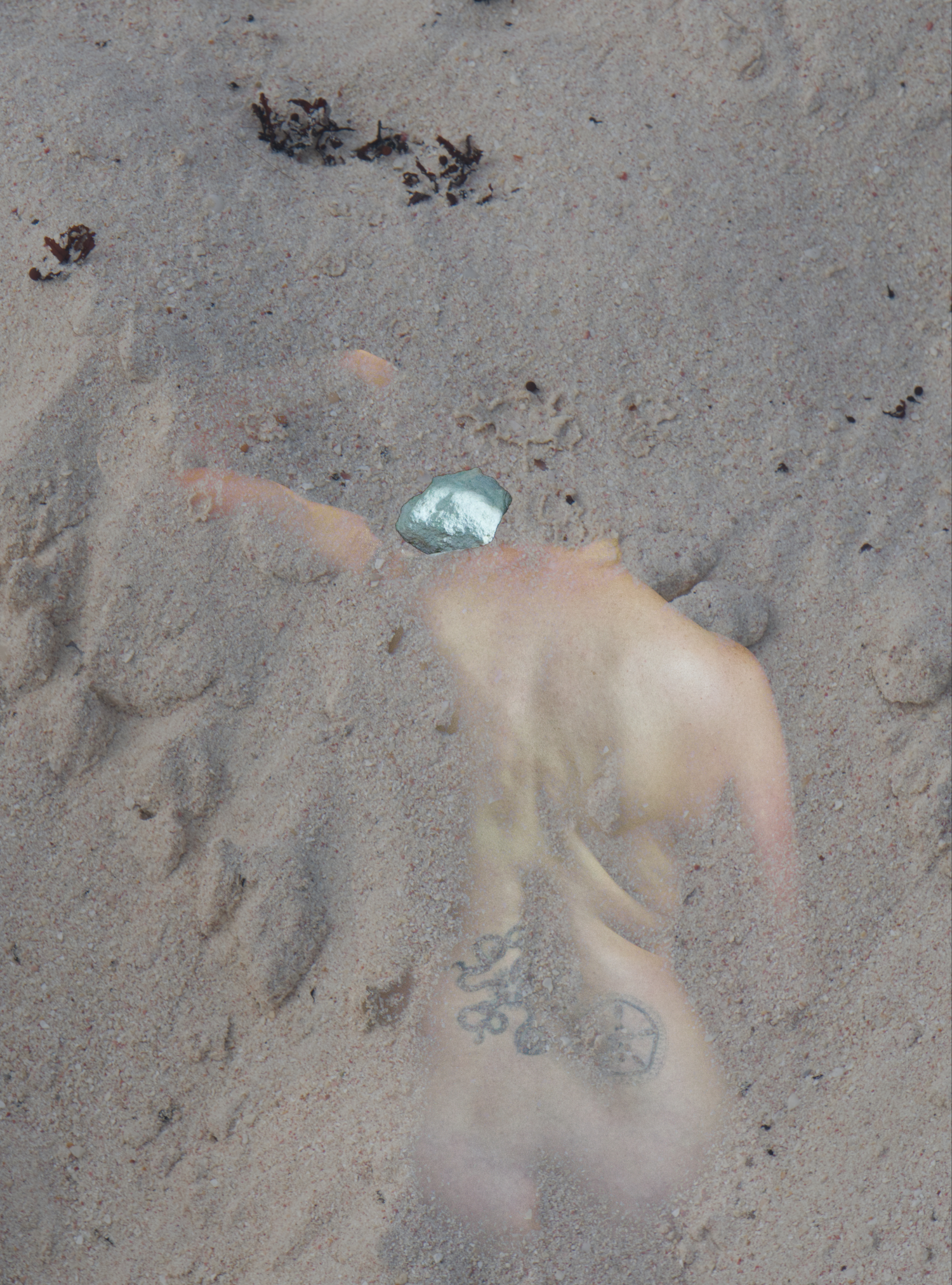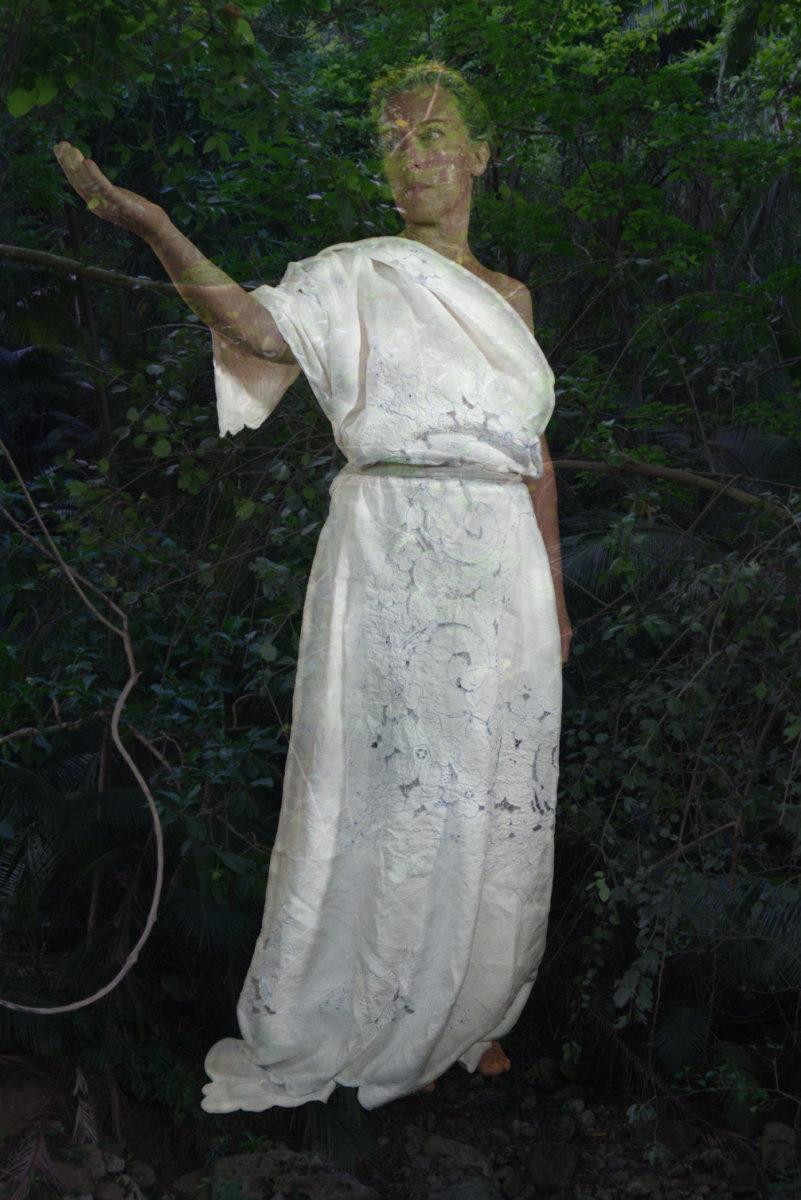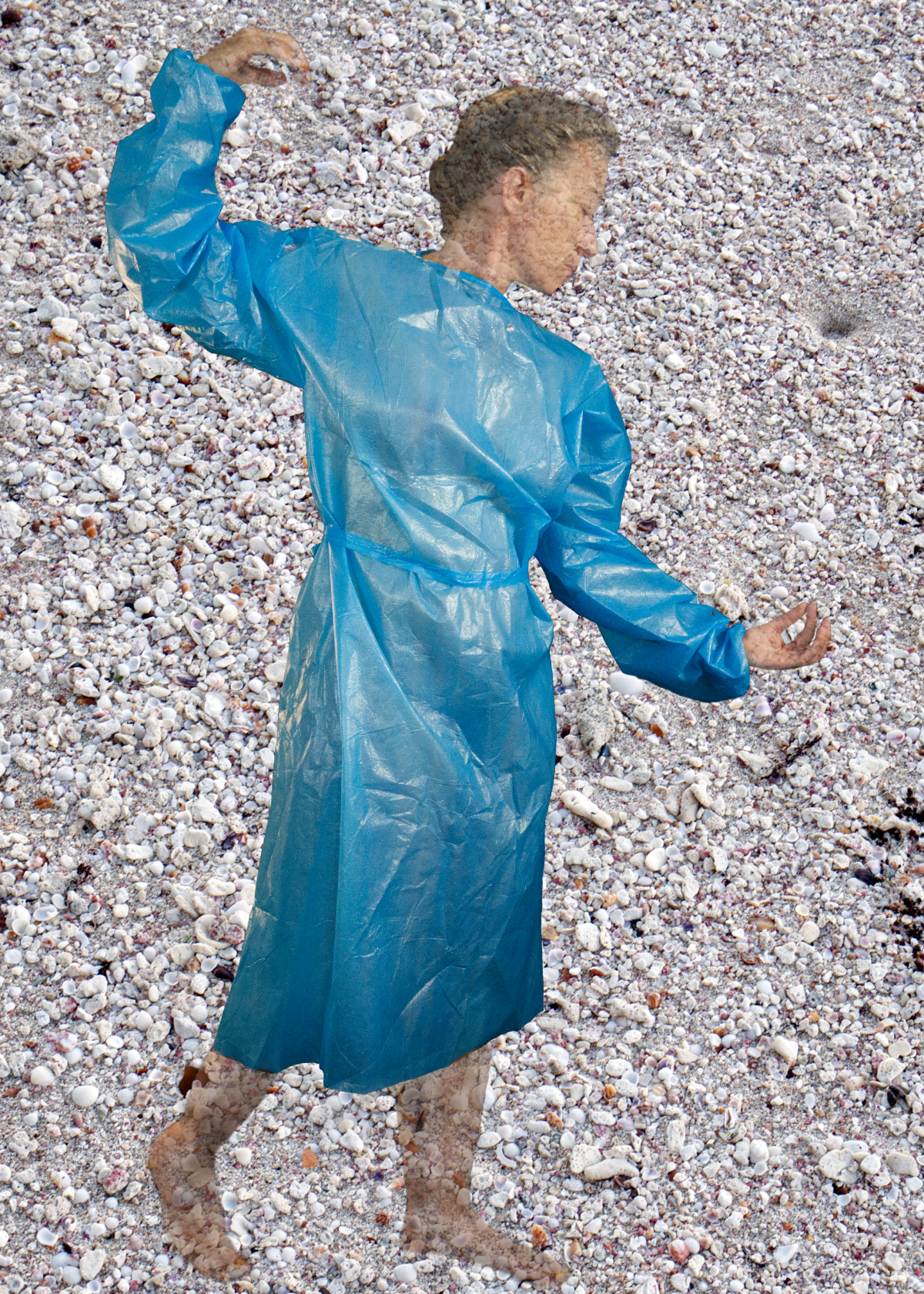While working on a collaborative project about the monument, I became acutely aware, as a woman, of my disconnect to the history of monuments so frequently representing the so-called heroic, power and war and that less monuments of women and women's stories exist. In lieu of the predominantly patriarchal understanding of the heroic, "The classics can console. But not enough" re-presents monumental events or influences that I have experienced in my life, such as the profound influence of growing up on a small island surrounded by water has had upon me, growing up white in a country that is 95% Afro-Caribbean, migration and the meaning of home and family, the aging process, the fact that I never had children when society expects children as a norm, and caring for other women as a nurse.
The title comes from Derek Walcott's poem Sea Grapes. Recognizing the male dominance in the Caribbean literature canon, nevertheless, to me as a Caribbean person, this line encapsulates the re-centering of stories of the Caribbean. In his writing, Walcott made connections between the Greek Isles and the Caribbean archipelago reframing the islands from insular and irrelevant to interconnected -island to island to mainland and bridges the cosmopolitan intersection of ancient cultures in Greece that arguably birthed Western civilization, to the centrality of the more recent Caribbean, with its complex history of colonization, slavery, race and tourism, in the making of the modern Western world. A series of now countries that were influenced by Europe and colonialism but were equally influenced by Amerindians, people from various African nations, India, China, the Middle East to become something new, something creole. By exerting my own creolized, transcultural, female place into a historical art timeline -collapsing space and time-, this series subverts the Eurocentric and male-oriented history of monuments. In this series of self-portraits, I adapt the poses of ancient Greek statues such as Nike (Victory) adjusting her sandal c 410-450 BCE or Hermes and the infant Dionysus 4th BCE and still lives which include props to reference “monumental”influences in my life: a conch shell, sea eggs, a large linen table cloth that belonged to my maternal Caribbean grandmother, a pineapple - a symbol of hospitality, coral, a piece of limestone that I took from a landslide in Barbados and PPE. In my continued exploration of landscape as a metaphor for identity, place and history, the images are layered with photographs from my archive of the sky, sea, sand and foliage in Barbados.
The title comes from Derek Walcott's poem Sea Grapes. Recognizing the male dominance in the Caribbean literature canon, nevertheless, to me as a Caribbean person, this line encapsulates the re-centering of stories of the Caribbean. In his writing, Walcott made connections between the Greek Isles and the Caribbean archipelago reframing the islands from insular and irrelevant to interconnected -island to island to mainland and bridges the cosmopolitan intersection of ancient cultures in Greece that arguably birthed Western civilization, to the centrality of the more recent Caribbean, with its complex history of colonization, slavery, race and tourism, in the making of the modern Western world. A series of now countries that were influenced by Europe and colonialism but were equally influenced by Amerindians, people from various African nations, India, China, the Middle East to become something new, something creole. By exerting my own creolized, transcultural, female place into a historical art timeline -collapsing space and time-, this series subverts the Eurocentric and male-oriented history of monuments. In this series of self-portraits, I adapt the poses of ancient Greek statues such as Nike (Victory) adjusting her sandal c 410-450 BCE or Hermes and the infant Dionysus 4th BCE and still lives which include props to reference “monumental”influences in my life: a conch shell, sea eggs, a large linen table cloth that belonged to my maternal Caribbean grandmother, a pineapple - a symbol of hospitality, coral, a piece of limestone that I took from a landslide in Barbados and PPE. In my continued exploration of landscape as a metaphor for identity, place and history, the images are layered with photographs from my archive of the sky, sea, sand and foliage in Barbados.

This artwork was generously supported by a Canada Council for the Arts Research and Creation grant.
